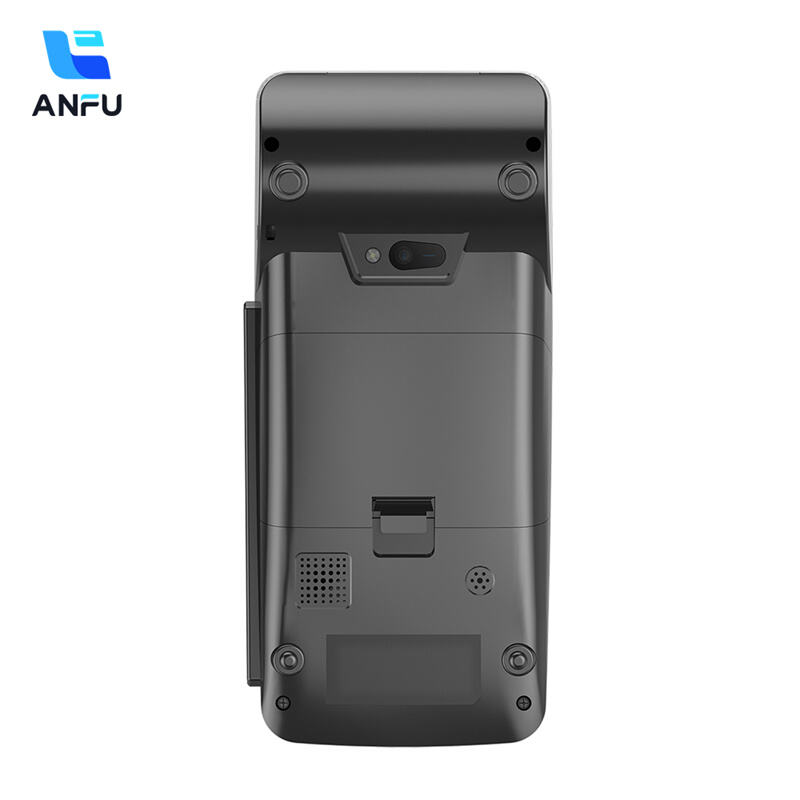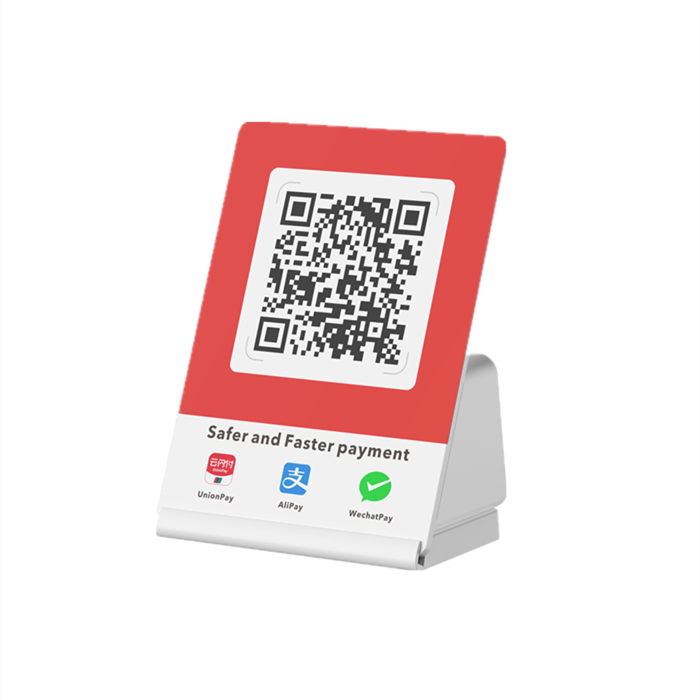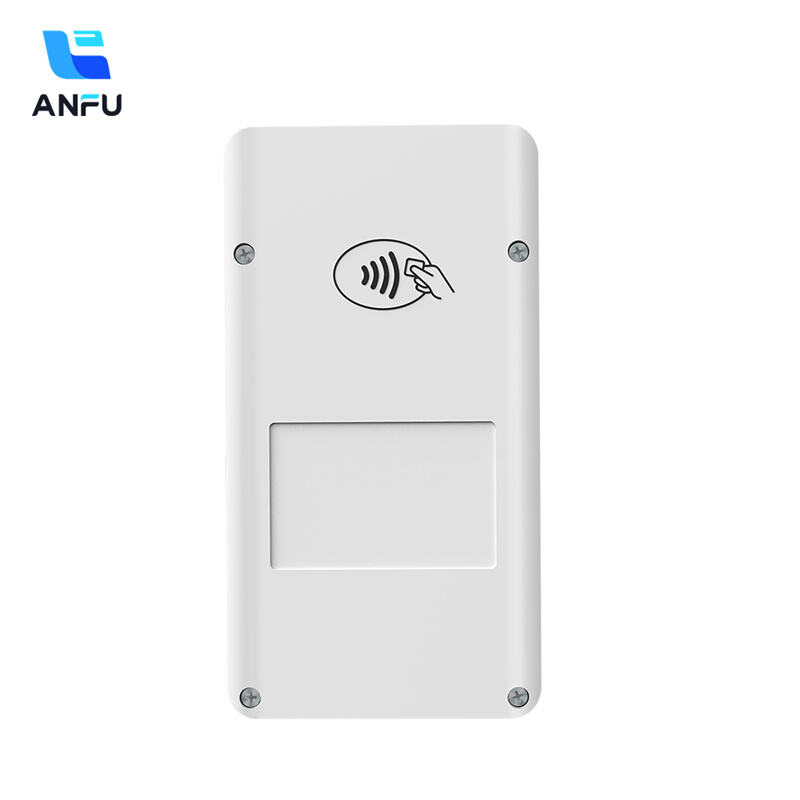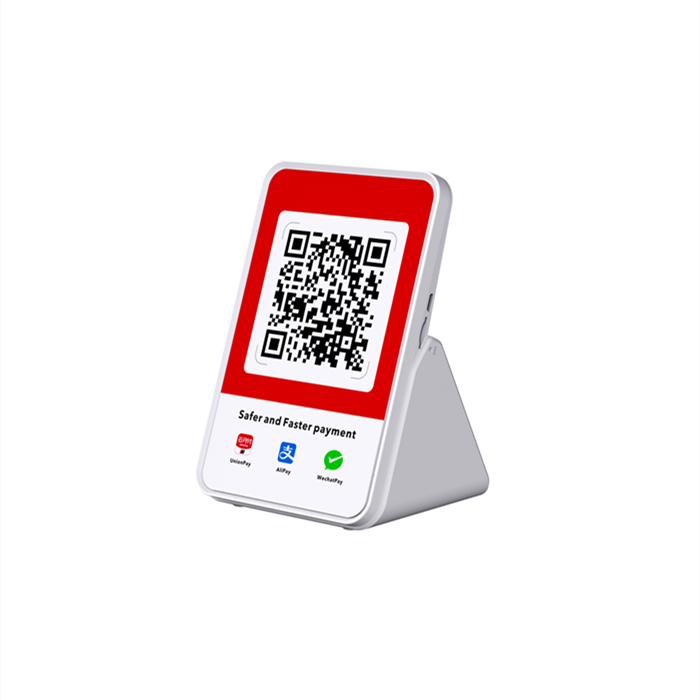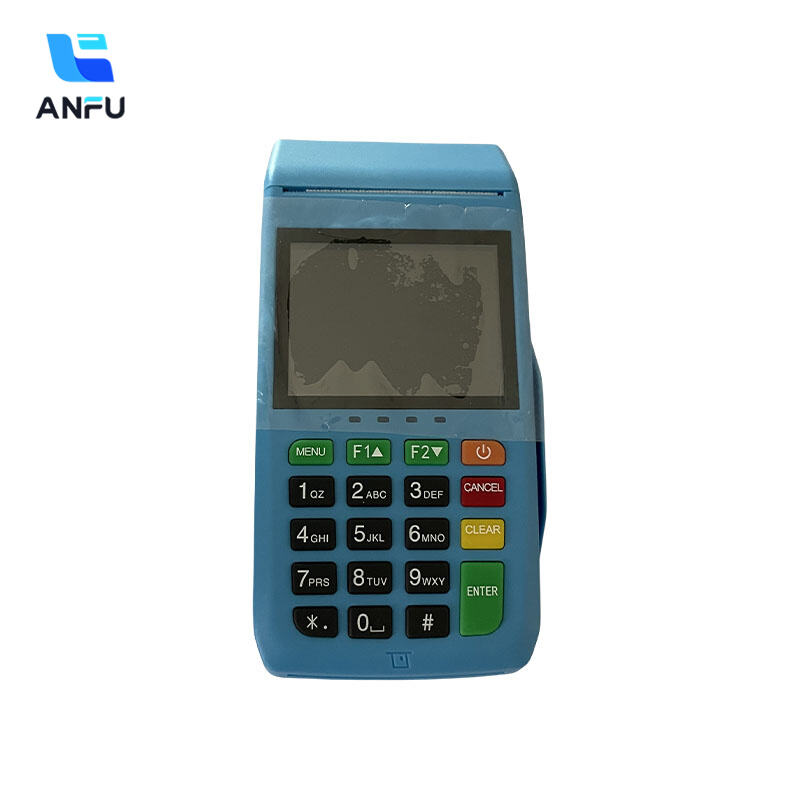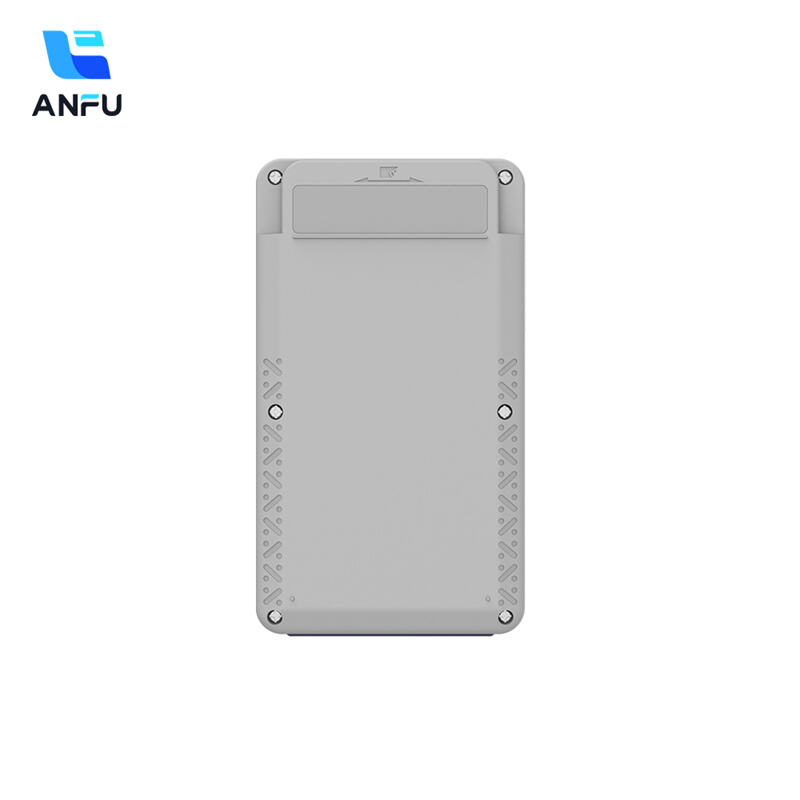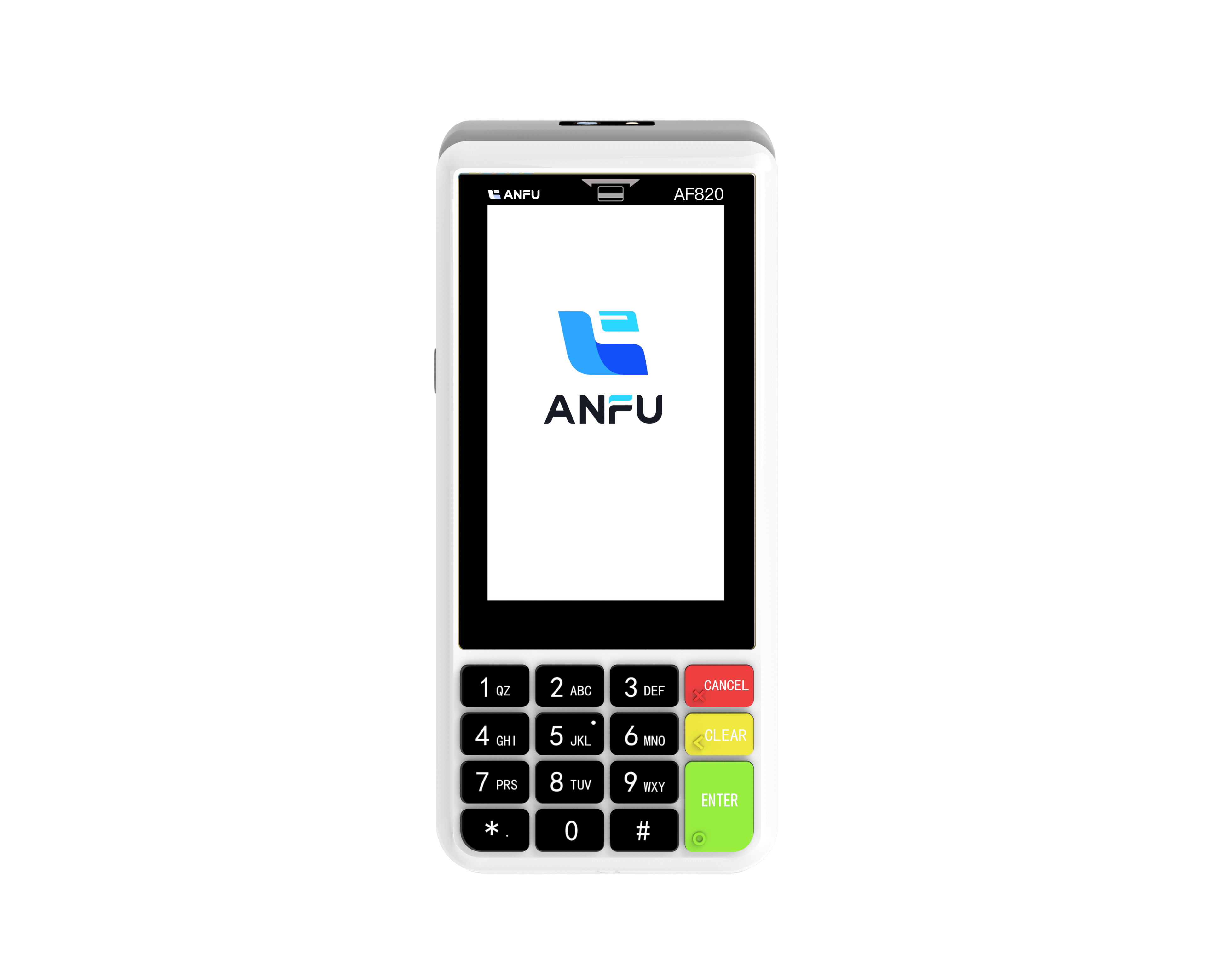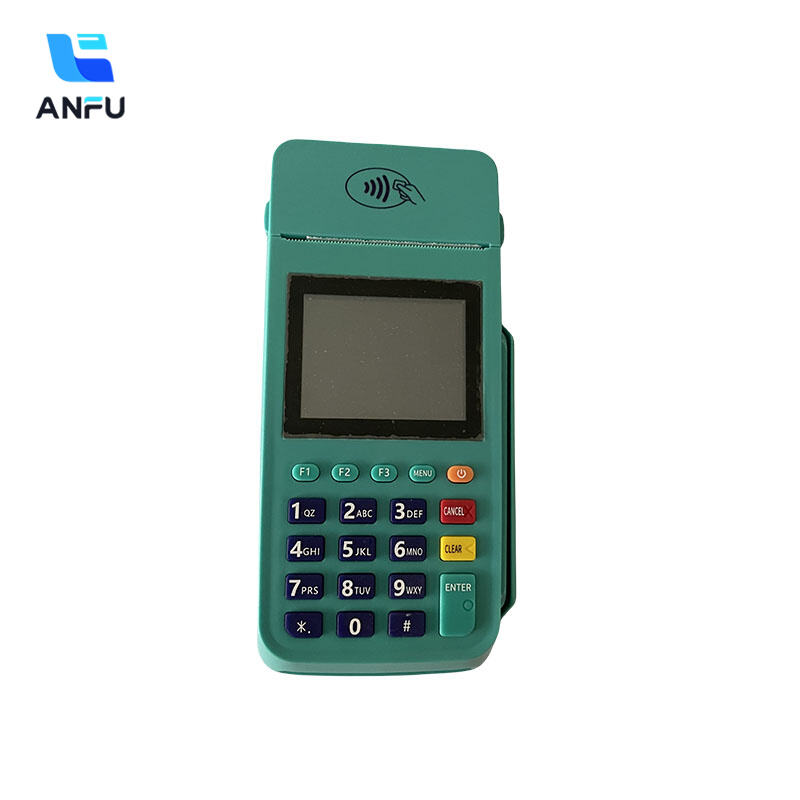Why Android POS Dominates Smart Payment Terminal Markets
The Evolution of Payment Terminals to Android POS Dominance
From Traditional Systems to Smart Payment Solutions
Retail shops have come a long way since those old fashioned cash registers sat behind counters collecting dust. Most traditional payment setups were stuck with ancient hardware and software that basically just took money from customers without much else going on. Stores couldn't track anything beyond what was in the register drawer, which made running a business feel like flying blind sometimes. Smart payment tech has completely changed the game though. Modern systems handle everything from stock levels to sales trends, giving shop owners actual data they can work with instead of just numbers on paper. Take a look at any busy store these days and you'll see why this matters so much. People want to pay how they want to pay, whether it's tapping a phone or scanning a card. Studies back this up too, showing most shoppers prefer digital options now rather than pulling out cash or swiping old style. For retailers trying to stay relevant, getting onboard with these smart payment systems isn't just helpful anymore it's practically essential if they want to keep customers coming through the door.
Market Shift: Windows to Android POS Adoption
We're seeing something pretty significant happening in the point-of-sale market these days. More and more businesses are moving away from those traditional Windows based systems toward Android POS options instead. Why? Well, let's face it, Windows POS comes with steep licensing fees and doesn't offer much flexibility either. Android POS has become really attractive because it costs less money upfront, works easier for staff to handle day to day operations, plus there are tons of apps available for different needs. Market data backs this up too showing that Android POS adoption has been climbing steadily over recent months. What makes Android so popular isn't just saving cash on hardware though. Retailers appreciate having access to a platform that adapts well across various business scenarios without breaking down when new requirements come along. With so many shops making the switch now, what we're witnessing represents quite possibly one of the biggest shifts yet in retail tech strategy aimed at improving both back office efficiency and front counter interactions with customers.
Key Advantages Driving Android POS Market Leadership
Flexible OS Architecture for Custom Business Needs
Android's open source platform gives it a real edge in the point-of-sale market because companies can build their own apps for exactly what they need operationally. When businesses create these custom applications, their Android POS systems start working much better with how things actually run day to day. Retail stores especially have seen great results from making their own solutions. Some shops now manage stock without missing items, others speed up checkouts so customers don't wait around, and many offer personalized service that makes shoppers come back. The flexibility pays off in practice too. Sales numbers go up, people leave happy, and managers find themselves spending less time fixing problems than before when everything was generic off the shelf.
Enhanced Security Protocols & Compliance Standards
Android POS systems come with strong security built right in. They use things like encryption, multi-factor login checks, and follow all the PCI-DSS rules so payments stay safe and customers feel confident. Think about what happens when a small coffee shop gets hacked - it's not just bad PR, it costs real money too. Industry folks keep talking about how data breaches can wipe out months of profits for businesses big and small. The numbers back this up too. Retailers who switched to Android POS report seeing about 40% fewer fraud cases compared to stores still running older systems. And it makes sense why merchants care so much about security these days. When customers know their credit card info won't get stolen at checkout, they come back again and again. That repeat business matters more than ever in today's competitive market.
Seamless Integration with IoT and Cloud Platforms
Android POS systems really shine when it comes to working with IoT devices, making all sorts of business operations run smoother together. Retailers can track inventory as it happens, send out messages automatically, and keep customers engaged throughout their shopping experience. When these systems connect to cloud platforms too, businesses get instant access to their data and can process information on the fly something that makes them much more adaptable in today's fast paced market. Market analysts predict cloud services will grow at an impressive rate over the next few years, which means stores using Android POS now are getting ahead of the curve. For small businesses especially, being able to tap into both IoT and cloud tech gives Android a strong edge in delivering POS solutions that just work better across different situations.
Android POS in Modern Retail Ecosystems
Enabling Contactless and NFC Payment Trends
Android point-of-sale systems are really taking off when it comes to contactless payments these days. They work great with NFC tech, something that just about every retailer needs now. Since around 2020, we've seen a huge jump in NFC transactions because shoppers want the speed and feel safer not touching anything. Take a look at the numbers: almost all new POS machines going out across Europe and North America come with built-in NFC capabilities already. That speaks volumes about how fast this tech has caught on. What makes it so good? Faster checkouts mean happier customers who don't get stuck waiting in line. Stores run smoother too when everyone can pay quickly without fumbling for cash or cards. With contactless payments still growing by leaps and bounds, Android based POS solutions seem positioned perfectly to keep up with what today's shoppers expect from their shopping trips.
Multi-Channel Inventory & Sales Management
The retail world moves fast these days, so keeping tabs on inventory in real time isn't just helpful anymore—it's basically table stakes if stores want to stay competitive across all those different selling channels. Android point-of-sale systems make managing inventory much easier because they come packed with built-in tracking features that work smoothly whether products sell online, in store, or through third-party platforms. Retailers who implement these systems find themselves able to watch what's happening with stock levels at all times, which means fewer empty shelves and less money tied up in excess inventory sitting around unused. Take the case of several clothing brands last year who rolled out Android-based solutions and saw their monthly sales jump while inventory turnover rates improved dramatically simply because they knew exactly where everything was at any given moment. Stores that adopt this kind of tech position themselves to respond faster when trends change, fine tune how goods flow through warehouses, and generally run leaner operations that translate into healthier bottom lines and happier shoppers walking through doors.
Anfu's Android POS Solutions: AF930 & AF820
AF930: Secure Handheld Mobility for On-the-Go Transactions
The AF930 Android POS terminal was built to handle secure mobile payments while keeping things portable and safe. It meets all the requirements set by UnionPay's smart terminal security standards. The device comes equipped with several anti-tampering features plus self-destruct options if someone tries to mess with it, which means payments get processed fast and safely most of the time. Retailers love how small and lightweight this thing is. They can check customers out much quicker than before, so it works great everywhere from temporary pop-up stands at festivals to busy street markets where space matters. People shopping around actually report being happier when they use the AF930 for their purchases because transactions go through without hiccups even when moving between different payment methods on the go.
AF820: All-in-One Payment Hub with Advanced Connectivity
The AF820 stands out as an all-in-one Android point-of-sale terminal that acts like a central payment station for businesses. What makes this device special? It handles various payment types from magnetic stripe readers to contactless payments via NFC technology. Under the hood sits a powerful quad core ARM Cortex A53 processor running at 2GHz speed. When it comes to staying connected, the AF820 has got everything covered with support for 4G, 3G networks plus Wi-Fi and Bluetooth connections. Plus there's built in GPS along with Beidou, Glonass and Galileo satellite systems so location tracking works anywhere in the world. Retailers who've switched to the AF820 often notice their checkout processes get faster and smoother because the system integrates so well with existing hardware and software setups. Many small business owners say they've seen real improvements in daily operations since implementing this versatile terminal.
Future Trends in Android POS Development
AI-Driven Analytics and Biometric Integration
Bringing artificial intelligence into Android point-of-sale systems is changing how stores operate, mainly because these systems now come with powerful analytical tools. Retailers get real benefits from AI analytics too they can see what's actually happening in their stores through detailed reports and even predict future trends based on past sales data. This helps them make better business choices that keep customers coming back and manage stock more efficiently. Facial recognition technology has become another important feature for many shops. It keeps sensitive business info safe by making sure only staff members who should be there can access it. At the same time, this tech lets stores greet regular customers by name when they walk in, creating a friendlier atmosphere. Security gets stronger while shopping becomes smoother overall. We're already seeing lots of businesses jump on board with AI in their checkout systems. More and more store owners are realizing that mixing together customer behavior patterns with smart analysis gives them an edge over competitors who haven't made the switch yet.
5G Connectivity and Global Market Expansion
As 5G rolls out across the country, Android POS systems are set to experience a major boost in both speed and reliability when processing transactions. The technology allows for much quicker handling of transaction data compared to what we've seen before, which means stores can run smoother day to day. For small businesses trying to get their foot in the door in areas where internet connections have always been spotty at best, this makes all the difference. Better connectivity isn't just about faster payments either it actually helps these merchants tap into international customer bases they never could reach before. Market research suggests that mobile payments will keep growing rapidly over the next few years as more shops take advantage of what 5G brings to the table. While nobody knows exactly how fast things will change, one thing's certain Android POS systems are entering an exciting phase of development thanks to this new wireless standard.
Recommended Products
Hot News
-
Smart Card 2019
2024-01-23
-
Trustech 2019
2024-01-12
-
Futurecom 2019
2024-01-12
-
Seamless Payments Asia 2020
2024-01-12
-
Seamless Middle East 2022
2024-01-12

 EN
EN
 AR
AR
 BG
BG
 CS
CS
 DA
DA
 NL
NL
 FR
FR
 IT
IT
 JA
JA
 KO
KO
 PL
PL
 PT
PT
 RU
RU
 ES
ES
 TL
TL
 ID
ID
 LT
LT
 UK
UK
 VI
VI
 HU
HU
 MT
MT
 TH
TH
 TR
TR
 FA
FA
 AF
AF
 MS
MS
 MK
MK
 HY
HY
 AZ
AZ
 KA
KA
 BN
BN
 BS
BS
 LO
LO
 MN
MN
 NE
NE
 ZU
ZU
 MY
MY
 KK
KK
 UZ
UZ
 KY
KY

.png)
